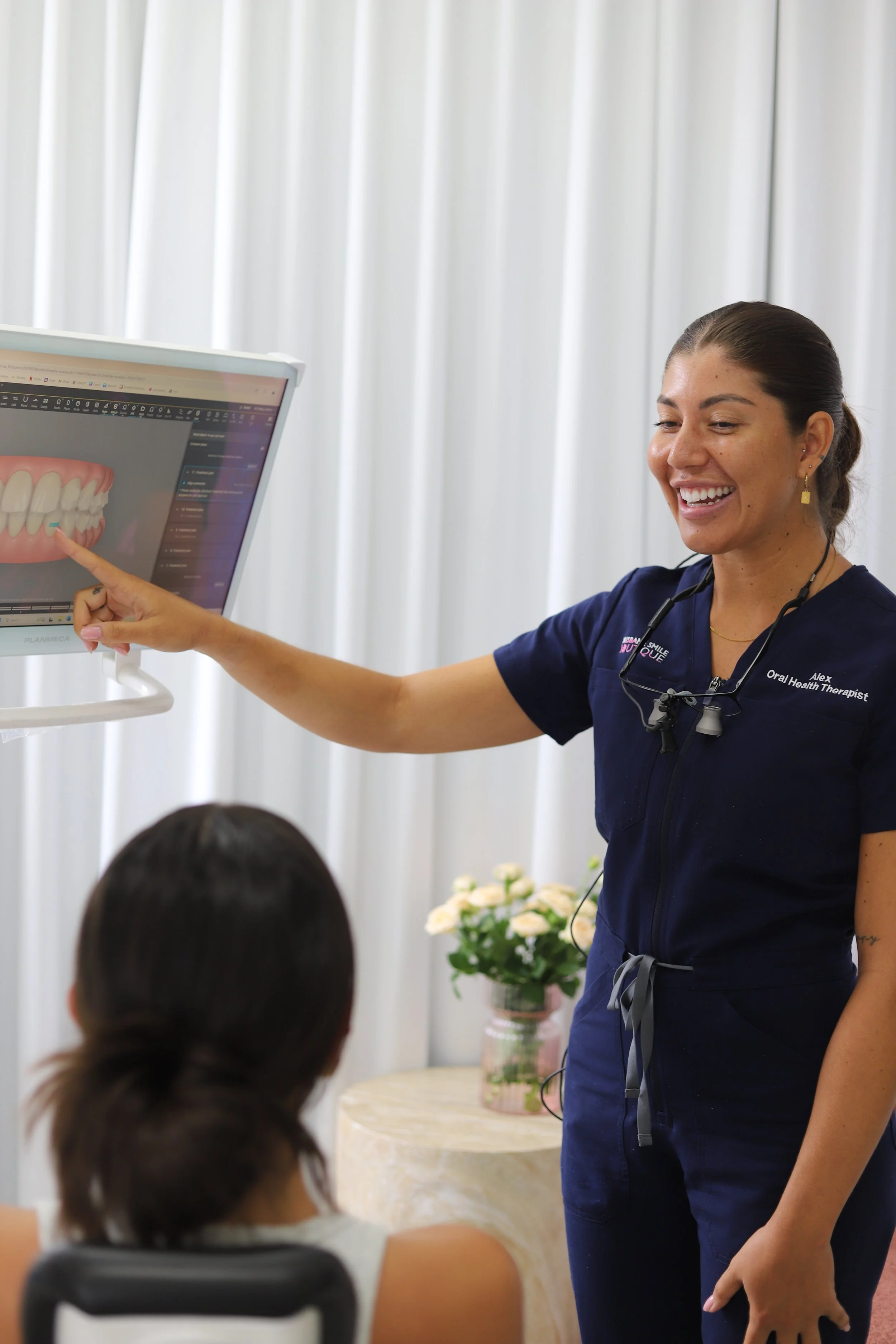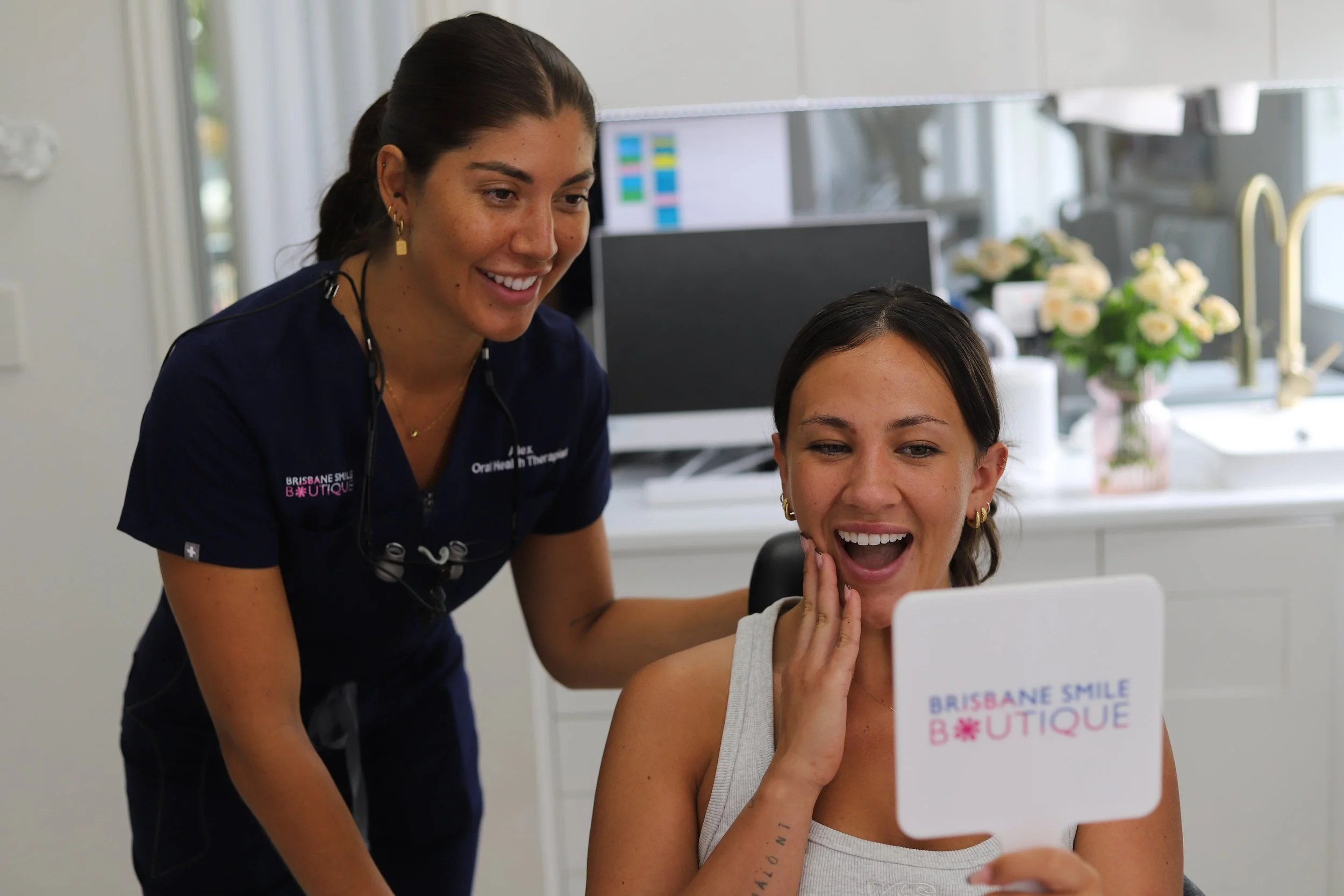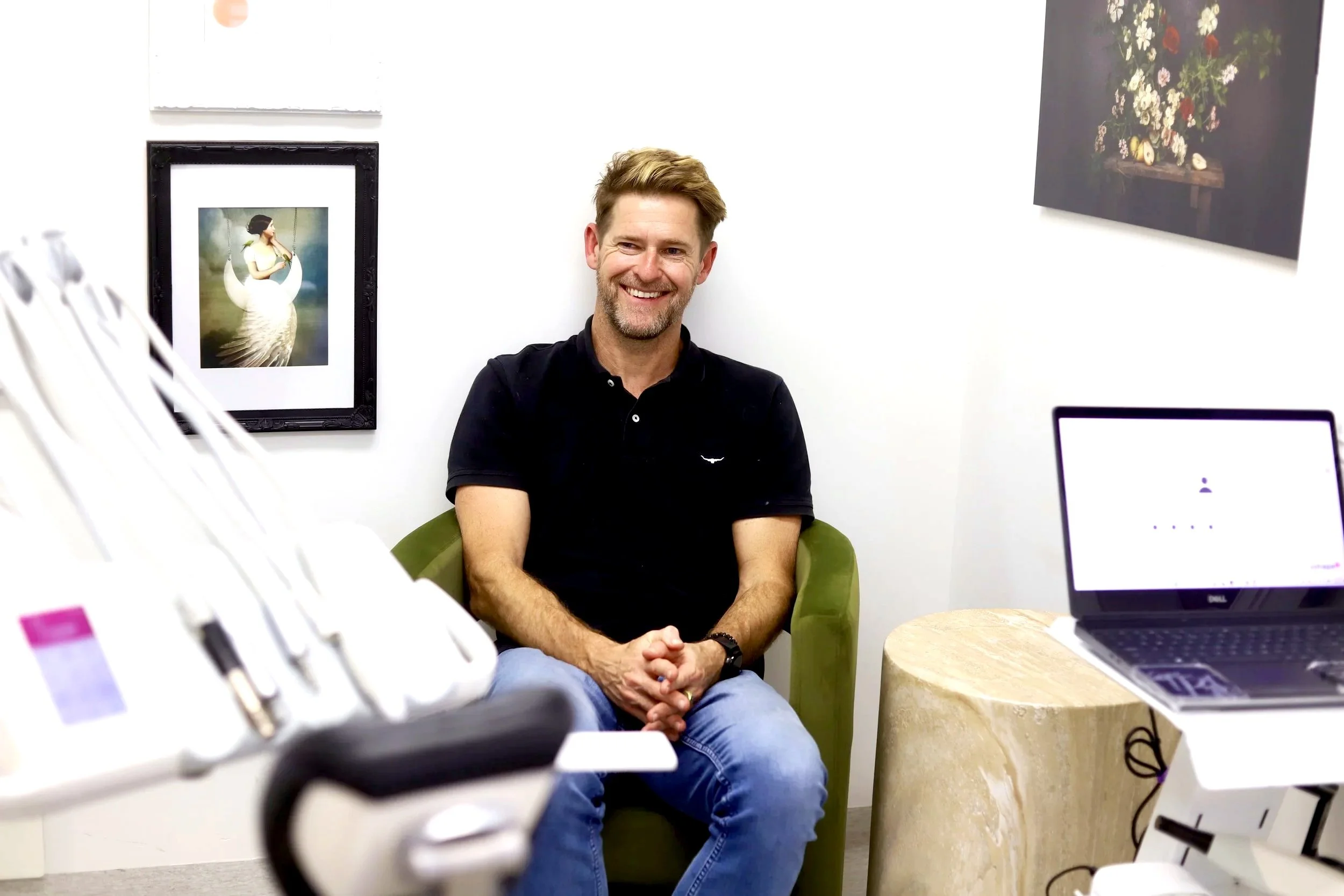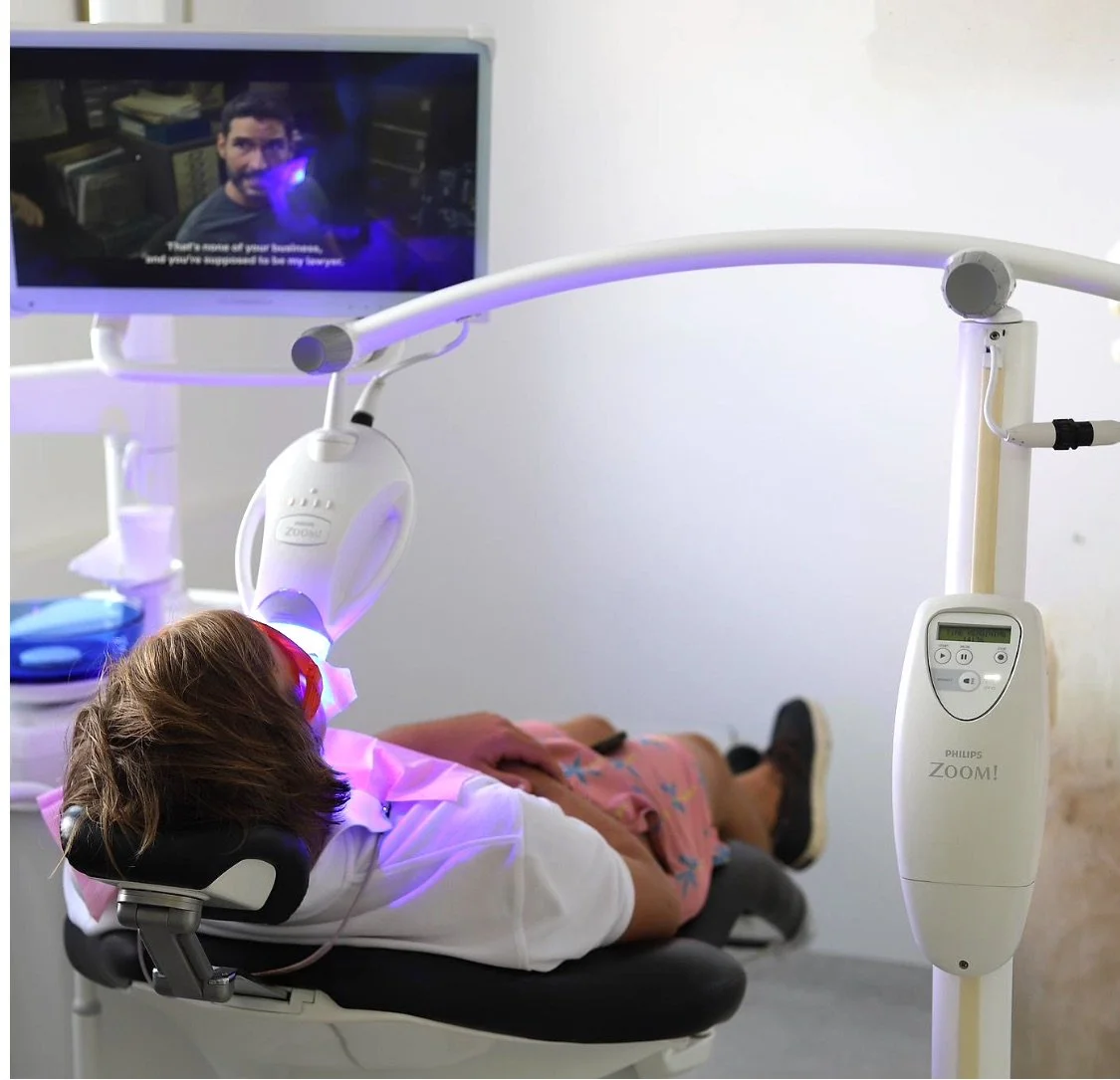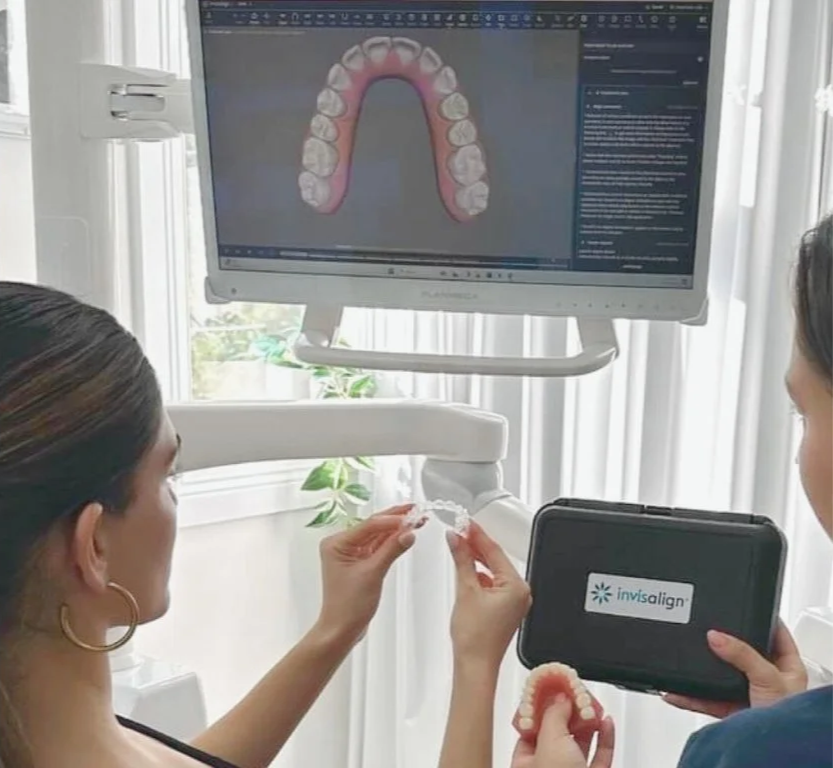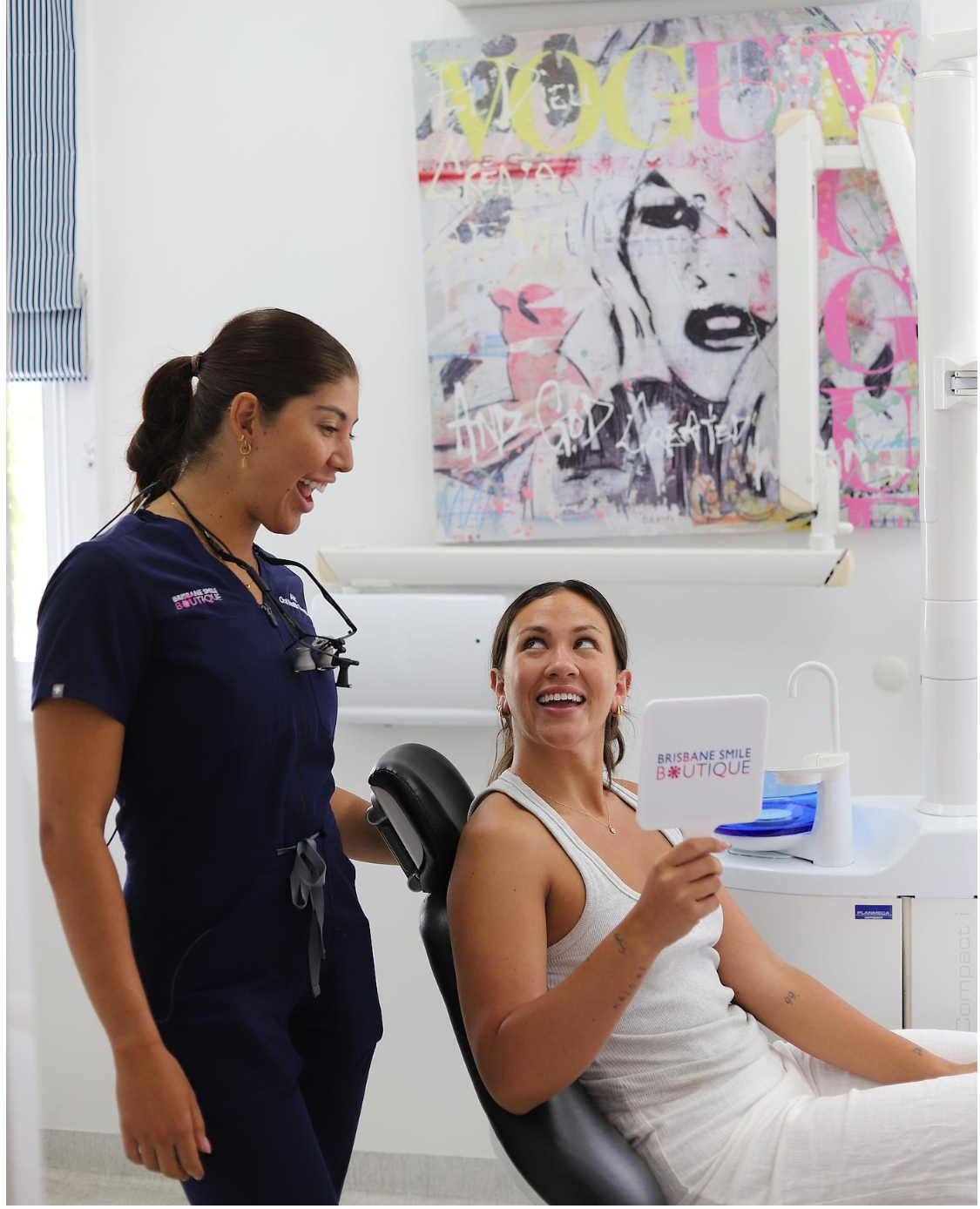Wisdom Checked.
Smile Protected.
About Wisdom Teeth.
Wisdom teeth, or third molars, typically emerge during the late teens or early twenties. At Brisbane Smile Boutique, we provide high-level assessment, monitoring and treatment of wisdom teeth — from diagnosis to surgical extraction — with a focus on safety, precision and patient comfort.
-
Impacted wisdom teeth due to lack of space
Pain, swelling and inflammation
Recurrent gum infections (pericoronitis)
Pressure leading to crowding or misalignment
Formation of cysts or decay in adjacent teeth
-
We utilise digital OPG X-rays to evaluate the position of your wisdom teeth, identify impactions, and assess proximity to nerves. This technology enables precise planning for safe and effective removal.
-
Recurring pain or jaw discomfort
Redness, swelling or difficulty opening the mouth
Food trapping or bad taste around back teeth
Advice from your orthodontist
Why Patients Choose Brisbane Smile Boutique
At Brisbane Smile Boutique, our dental care combines science and precision to deliver results that are seamless and functional.
✨ Our difference:
Decades of experience in advanced cosmetic and restorative dentistry
Modern digital imaging and 3D smile design
Gentle, patient-centred care in a relaxing boutique environment
Transparent pricing and treatment planning
Get In Touch
Your smile matters to us.
Reach out through the form for expert advice or to schedule a consultation.
If you would like, Upload a smile photo or x-ray to help us understand your goals.
We are here to understand and support your goals.







